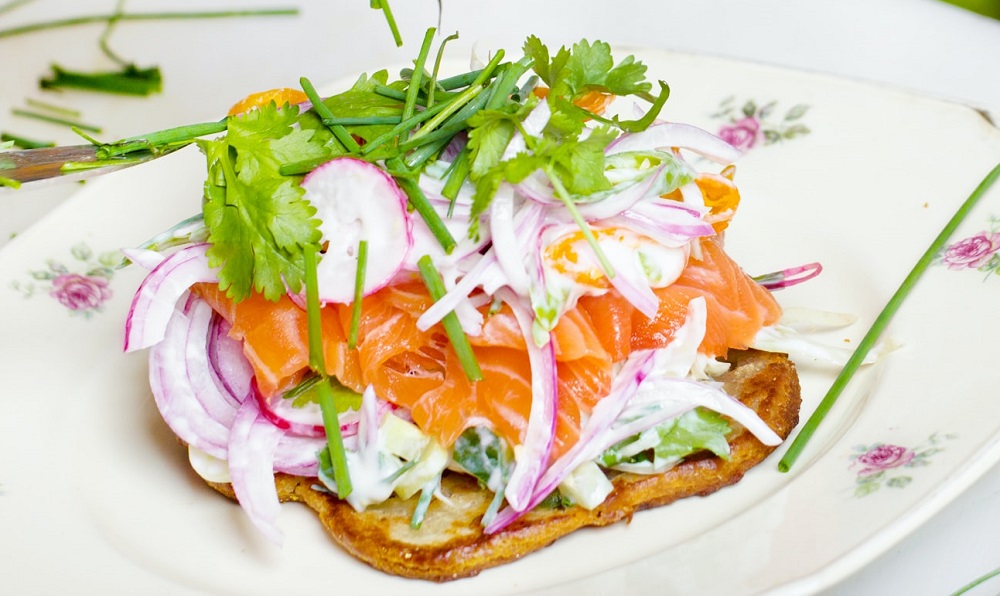
Keeping Healthy in the Winter
Keeping Healthy in the Winter
Yasmina Bona on the best ways to boost our immune systems
Nutritional therapist Yasmina Bona says that there are three essential vitamins we need to boost the immune system in winter: Vitamin C, Vitamin D and Zinc. We all want to ensure we’re keeping healthy in the winter months, with many of us turning to supplements as a quick fix; yet supplements are not all created equal…
Vitamin C is a powerful antioxidant on a mission to protect the body from free radicals. It also increases the regeneration of glutathione – a major antioxidant – aiding the production of white blood cells, which are key in fighting infections. Finally, vitamin C also contributes to forming collagen for cartilage, muscle and blood vessels, and in the absorption of iron. Our bodies are unable to synthesise vitamin C, therefore we must rely on food to supply it; it is found in many fruit and vegetables, hence the importance of your 5-a-day!
When supplementing, be aware that 80% of vitamin C is lost unabsorbed through the bowel. As a result, a minimum daily dose of 1000mg is recommended but more than 2000mg a day should be avoided without the advice of a qualified health practitioner. Ester-C or liposomal vitamin C are more readily absorbed by the body.
CLICK HERE TO CHECK OUT SOME TIME & LEISURE RECIPE FAVOURITES
Vitamin D helps regulate the immune system and is thought to boost our body’s natural defences against diseases. It is also needed to maintain healthy calcium levels in the body, essential for bone growth and bone density, and for maintaining normal functioning of the nervous system. It is unique as it can be obtained through the diet and made in the skin when sun exposure is adequate, hence its nickname, the sunshine vitamin. It is found in fish (salmon, sardines, mackerel), eggs, fortified milk and cod liver oil. It should ideally be supplemented during winter months when our exposure to the sun is at its lowest. Vitamin D3 (with added K2 vitamin if possible) at a dose of 25mcg – 75mcg a day is recommended.
Zinc is essential for immune function, vision, reproduction, growth and repair of the body. Zinc is one of the most abundant minerals in the body (after iron) and is present in every cell. As the body does not naturally produce or store zinc, it is considered an essential nutrient and must be obtained through food or supplements. Approximately 20-40% of consumed zinc is absorbed by the body, and it is found primarily in red meat, shellfish (oysters and lobster), legumes (chickpeas, lentils, beans), seeds (pumpkin, sesame), nuts (cashews) and dairy. Zinc citrate or zinc picolinate are highly absorbable forms of zinc and should be taken in 15-30mg daily doses.
Please note that these dosages should only serve as a guideline and the advice of a qualified practitioner is advisable.
Remember that staying healthy can start with what you eat. By nourishing your body with vitamins, antioxidants, and nutrient-dense foods, you will set yourself up for both short-term (fending off a cold or the flu) and long-term (reducing risk of chronic illness) health.
As Hippocrates wisely stated, “Let food be thy medicine.”






